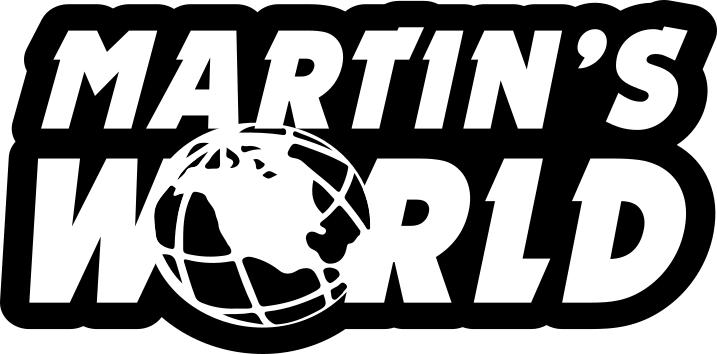The Urgent Need for Cannabis Regulation in Ireland
An image depicting the contrast between a regulated cannabis market vs an unregulated cannabis market
Recent events in Ireland have thrust the dangers of unregulated cannabis into the spotlight. Hospitalisations of teenagers linked to cannabis vaporizers and Forensic Science Ireland's alarming revelation that 50% of cannabis edibles contain synthetic cannabinoids highlight a pressing issue that needs immediate addressing. Gardaí acting after the fact with drug raids is just not enough, as lives could be lost! These incidents are not isolated but symptomatic of a larger problem inherent in unregulated markets: the lack of safety and quality controls. We also seen just recently the very real dangers of a contaminated drug supplies with 54 people hospitalised in Dublin due to a batch of “heroin” found to be contaminated with a far more potent synthetic opioid “Nitazine”.
Unregulated cannabis markets pose significant health risks and should be of much more concern to the parents of teenagers reaching that age where curiosity about substance like alcohol or cannabis can set in. At least with alcohol the dangers are from the substance itself and not from any potential contaminants like methanol for example and this is due to the regulated nature of alcohol products. Synthetic cannabinoids, often found in cannabis products, can be far more potent and hazardous than natural cannabis, much like methanol is far more dangerous than ethanol. The absence of regulation leads to a lack of standardization, leaving consumers vulnerable to unpredictable and potentially dangerous products. This uncharted territory in the cannabis market poses a grave risk, especially to younger users, who might be less aware of these dangers and more vulnerable to be taken advantage of by someone who would sell cannabis to a minor in the first place.
Regulation can transform the cannabis market from a wild west of unknowns to a controlled environment with standardized, safer products and age limits. It ensures rigorous quality control, accurate labeling, and the removal of harmful substances. Drawing lessons from places where cannabis is legally regulated, such as certain U.S. states and Canada, we see a marked improvement in product safety and quality. In these regions, cannabis products are subject to strict testing for potency and contaminants, ensuring consumer safety.
A common concern is that regulation might inadvertently make cannabis more accessible to minors. However, the current black-market scenario offers no barriers to underage access. Regulation could introduce strict age restrictions, akin to those for alcohol and tobacco, potentially making it more challenging for minors to obtain cannabis but also much safer should they still try to obtain it. Moreover, regulation can ensure that even those minors who do access cannabis are less likely to encounter products laced with dangerous additives.
Some argue that regulation could normalize cannabis use or lead to increased consumption. However, evidence from regulated regions suggests otherwise. Studies indicate that regulation does not necessarily correlate with increased usage rates among the general population, particularly minors. The key lies in responsible regulation and public education about the safe use of cannabis.
Results of the vote on Ireland’s Cannabis policy by the citizens assembly
The incidents in Ireland serve as a wake-up call to the dangers of an unregulated cannabis market. Regulation offers a pragmatic solution, mitigating the risks associated with unregulated cannabis, especially for minors, while implementing strict controls to prevent underage use. This would also fall in line with the “Comprehensive Health Led Approach” to Cannabis as voted for by the recent Citizens Assembly on drugs, with legalisation and regulation coming in just 1 vote behind.
Ireland has the opportunity to learn from these unfortunate events and from the successes and challenges faced by other regions. A thoughtful, health focused & evidence-based approach to cannabis regulation could pave the way for a safer, more controlled cannabis market, prioritizing public health and safety. Leaving the market unregulated and under the control of organised crime gangs is a ticking time bomb, one I hope we can diffuse soon before lives are lost.


